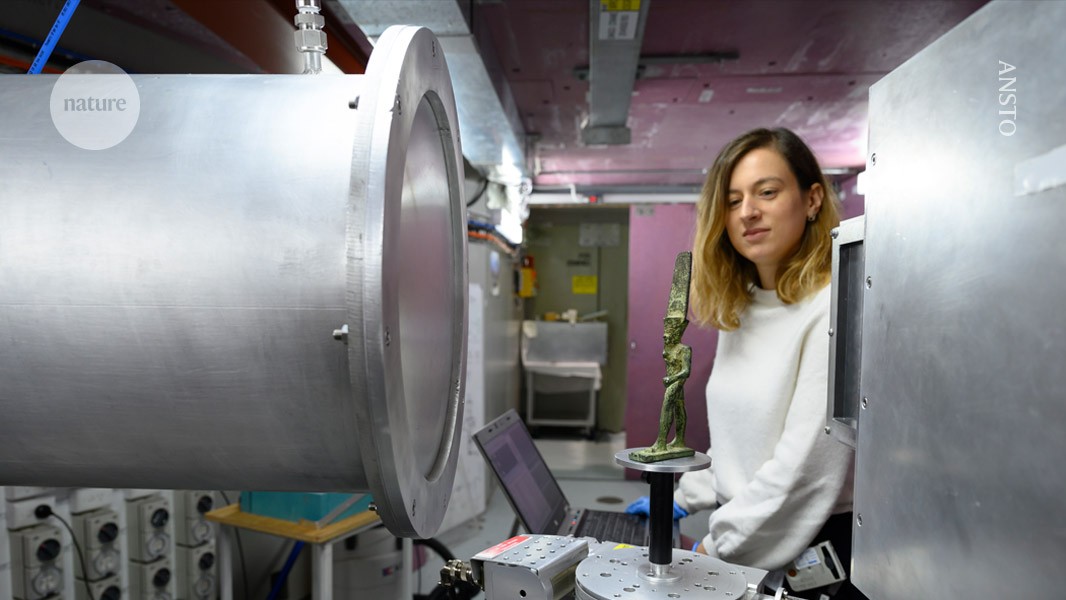
""Blind review shifts the scrutiny away from the scientist to the science. If the idea is original and brilliant, it shouldn't matter who wrote it.""
""Reviewers can have a 'prestige bias' towards experienced or well-known researchers, which can disadvantage less-experienced peers.""
The introduction of anonymous applications for scientific instruments in Australia has led to increased access for postdoctoral researchers. This blind review process minimizes prestige bias, which typically favors well-known researchers. Studies show that after anonymity was established, women and less-experienced applicants gained more facility time. Similar approaches have been adopted across various observatories, including Hubble and ALMA, highlighting opportunities to enhance equity in scientific research and resource allocation.
Read at Nature
Unable to calculate read time
Collection
[
|
...
]